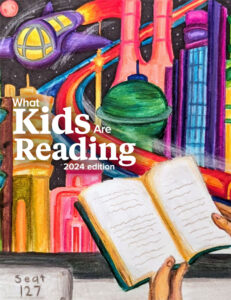July 18, 2019
Let’s face it: When talking about brilliant mathematicians, even the most experienced teachers tend to talk about the same handful of figures, from Euclid to Sir Isaac Newton. While these individuals made major contributions to the field of mathematics, they represent only a small fraction of the brilliant mathematicians whose insights and discoveries have shaped the field.
Imagine the difference you could make in your classroom and across your district by taking a multicultural approach to providing students with inspirational math role models. Rather than seeing mathematicians as unapproachable geniuses who lived long ago, students will see that people like them—both male and female, of different ages, races, and backgrounds—have been passionate about mathematics, and have truly excelled in this field.
20 faces to help change the picture of a great mathematician
As Natalie Hobson notes in a recent post for the American Mathematical Society, research shows that students are inherently motivated to learn material that relates to their interests, experience, and communities. Research further shows that students conclude they don’t belong in mathematics when they’re only exposed to role models who are white, male, and introverted—in short, not like them.
The following nonfiction book suggestions will help you change this picture by sharing stories of women and minorities who have contributed intellectual rigor to the field of mathematics. The books are organized into three bands by student interest level: K–3, 4–8, and 9–12. This helps you introduce students in all grades and at different reading levels to equally inspiring individuals. It also helps you to engage students in more nonfiction reading, and build stronger cross-curricular connections through reading.
Each book listed below also has a Reading Practice Quiz in Renaissance Accelerated Reader®, so students can demonstrate what they’ve learned by engaging with these texts.
How to use these books to inspire deeper learning in mathematics
Every educator knows the critical role of human connections in student learning. A human connection sparks motivation and ignites energy. Even a small connection can lead to big gains in student interest and engagement. As you introduce students to these books about diverse mathematicians, enhance the learning process by helping them discover connections. Perhaps a student shares a birthday with a mathematician, or was born in the same city, or has a similar family background. Or the student may have the same interest as the mathematician, from rockets to computer programming to astronomy.
Here are a few sample conversation starters to get students thinking and to help them find common ground with the individuals they’re reading about:
- What fascinates you the most about this person?
- What did you find most interesting about his or her achievements?
- What do you think you might have in common?
- Do you see yourself someday pursuing similar goals?
- What was this person’s biggest obstacle? How did he or she overcome it?
As students answer these questions, they’ll begin to relate to these individuals—not only as people with similar backgrounds and ambitions, but as role models who pursued a field that they loved.
Books to inspire students in grades K–3 (interest level)
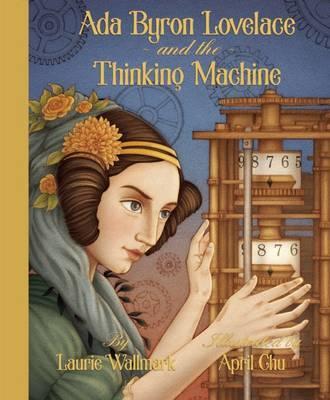
Ada Byron Lovelace and the Thinking Machine
By Laurie Wallmark
Ada Lovelace, the daughter of the British poet Lord Byron, develops her creativity through science and math. When Ada meets Charles Babbage, the inventor of the first mechanical computer, she writes the world’s first computer program to demonstrate its capabilities.
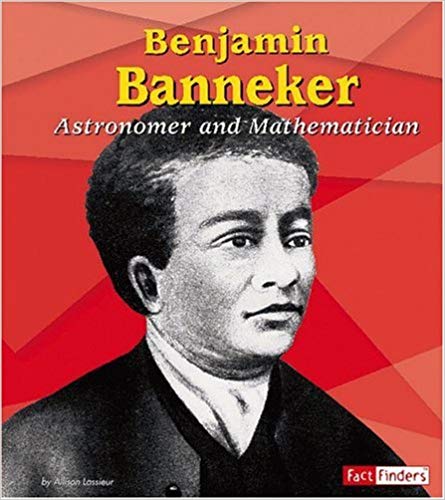
Benjamin Banneker: Astronomer and Mathematician
By Allison Lassieur
Benjamin Banneker was a self-taught astronomer and mathematician who helped survey the new city of Washington, DC, in the early 1790s. He also authored several successful almanacs and was the first African American whose work was published.
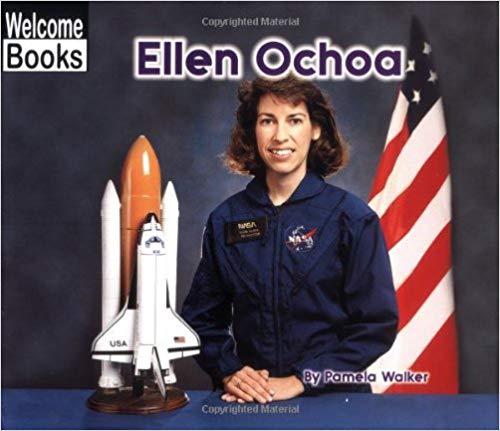
Ellen Ochoa
By Pamela Walker
Ellen Ochoa is an engineer, astronaut, and former director of the Johnson Space Center in Houston. In 1993, she became the first Hispanic woman to travel into space, as part of a nine-day mission aboard the space shuttle
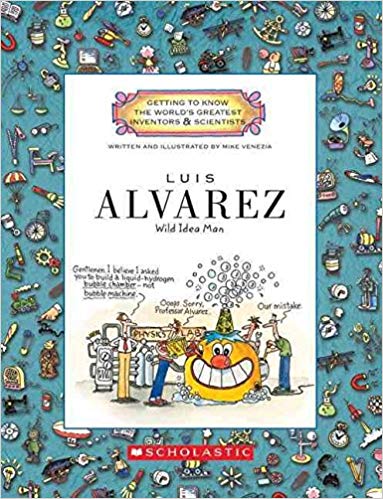
Luis Alvarez: Wild Idea Man
By Mike Venezia
Your students may get a few “wild” ideas of their own after reading this book about American physicist and inventor Luis Alvarez, who won the 1968 Nobel Prize for physics. One of his most intriguing projects: A plan to X-ray the Egyptian pyramids to discover secret chambers!
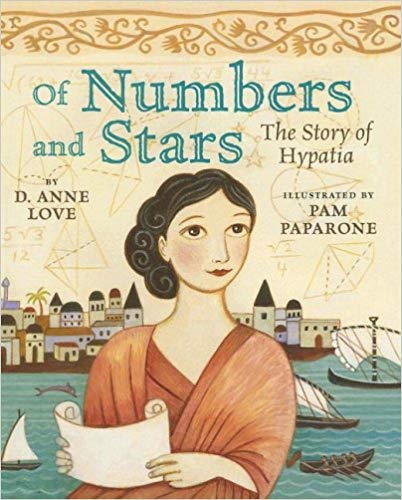
Of Numbers and Stars: The Story of Hypatia
By D. Anne Love
This biography of Hypatia, born in Alexandria, Egypt, in the fourth century, depicts her as one of the most brilliant women of the ancient world. She became an authority in mathematics, astronomy, and philosophy.
Books to inspire students in grades 4–8 (interest level)
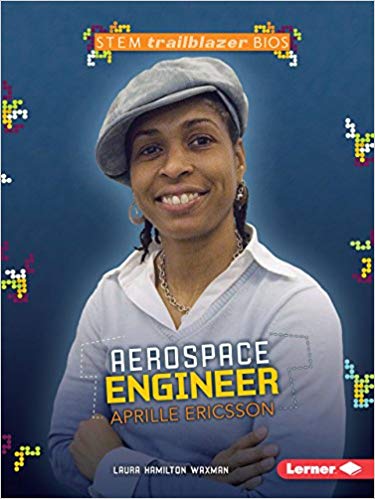
Ada Byron Lovelace and the Thinking Machine
By Laurie Wallmark
Ada Lovelace, the daughter of the British poet Lord Byron, develops her creativity through science and math. When Ada meets Charles Babbage, the inventor of the first mechanical computer, she writes the world’s first computer program to demonstrate its capabilities.
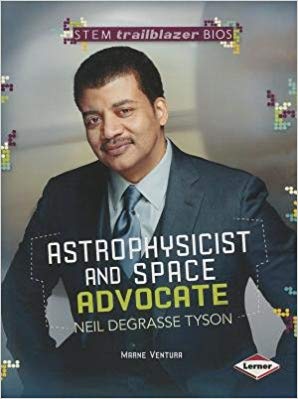
Astrophysicist and Space Advocate Neil deGrasse Tyson
By Marne Ventura
You and your students may have seen his popular documentary Cosmos, or his television show Star Talk. Now introduce students to the life of astrophysicist and author Neil deGrasse Tyson—who’s also director of the Hayden Planetarium in New York City—with this engaging biography.
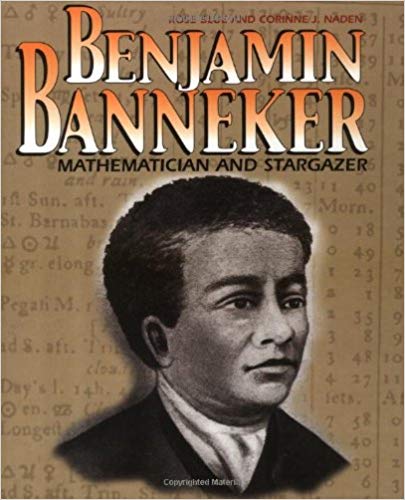
Benjamin Banneker: Mathematician and Stargazer
By Rose Blue and Corinne J. Naden
Middle-grade students will enjoy this biography of the self-taught mathematician and astronomer who
is remembered as the first major African-American scientist. He was also the first African American whose work was published.
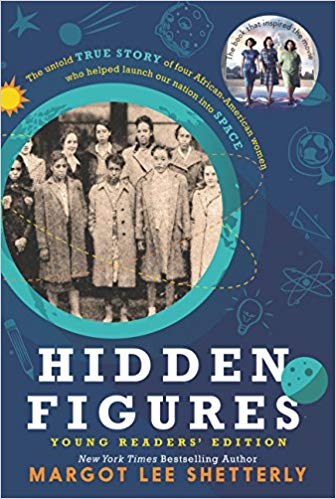
Hidden Figures: Young Readers’ Edition
By Margot Lee Shetterly
Expand students’ list of role models with the true story of African-American female mathematicians at NASA. These women helped achieve some of the greatest and most memorable moments of the US space program.
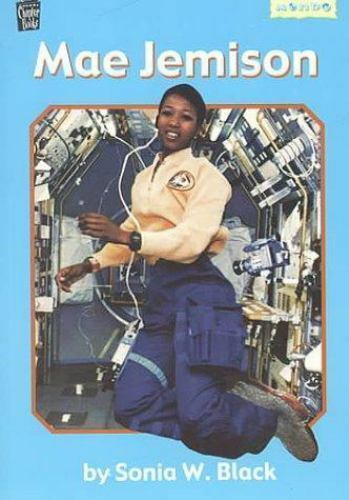
Mae Jemison
By Sonia W. Black
Inspire dreams by introducing students to the first African-American woman in space. Dr. Jemison was selected for the astronaut program by NASA in 1987, and she went into orbit aboard the space shuttle Endeavour in 1992.
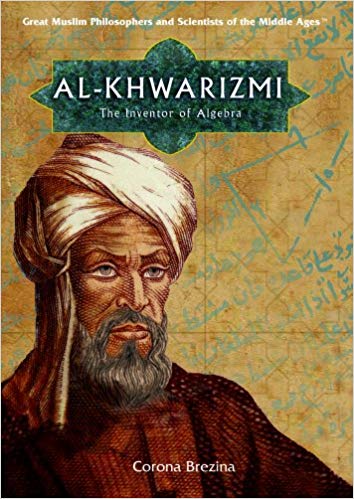
Al-Khwarizmi: The Inventor of Alegbra
By Corona Brezina
This biography focuses on Muhammad ibn Musa al-Khwarizmi, a Persian scholar who lived during the ninth century. He developed two distinct branches of mathematics, both of which owe their names to him: algebra and algorithms.
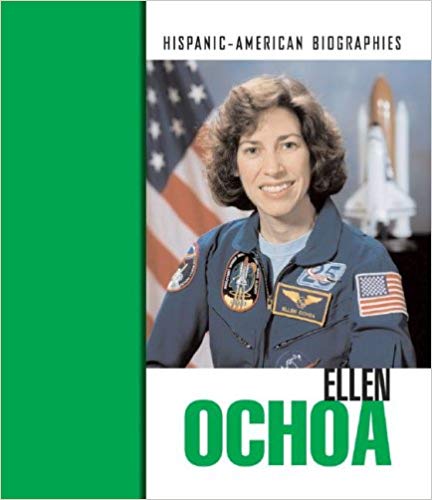
Ellen Ochoa
By Teresa Iverson
This book profiles the first Hispanic-American woman to become an astronaut and travel in space. Students will learn about her childhood, education, and remarkable career with NASA.
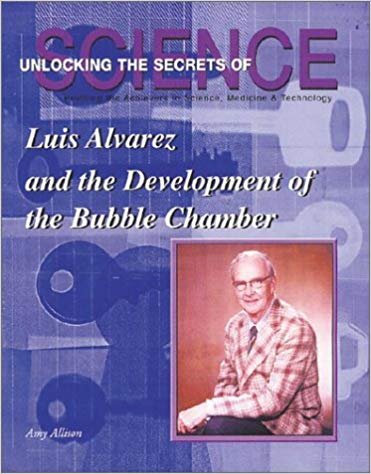
Luis Alvarez and the Development of the Bubble Chamber
By Amy Allison
Encourage students to see themselves as mathematicians with this book examining the life of physicist and inventor Luis Alvarez. He developed a powerful tool for tracking atomic particles and was awarded the 1968 Nobel Prize for physics.
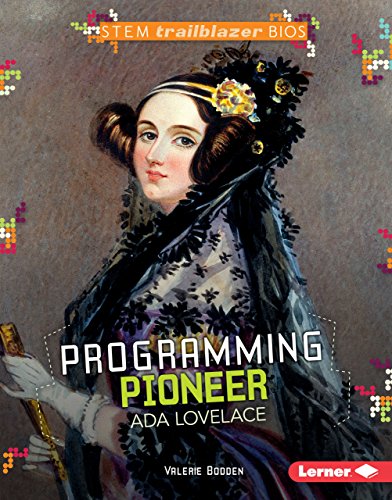
Programming Pioneer Ada Lovelace
By Valerie Bodden
Have your students ever wondered who developed computer coding? Here, they’ll discover how Ada Byron Lovelace’s interest in mathematics led to her work on an early computer—and on the first programming algorithm ever used.
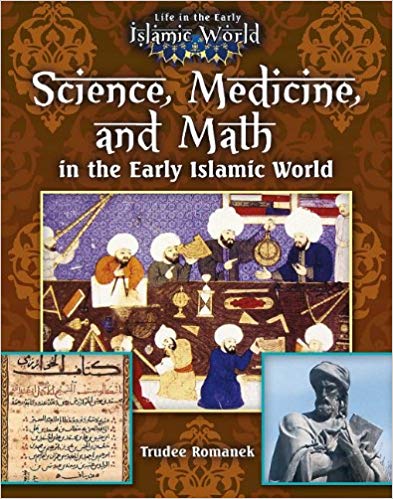
Science, Medicine, and Math in the Early Islamic World
By Trudee Romanek
This book discusses key discoveries and inventions by Muslim scholars in the fields of science, medicine, and mathematics from the seventh through the nineteenth centuries.
Books to inspire students in grades 9–12 (interest level)
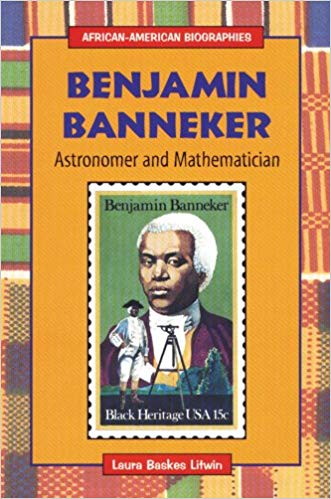
Benjamin Banneker: Astronomer and Mathematician
By Laura Baskes Litwin
This is a biography of the eighteenth-century African American who taught himself mathematics and astronomy and helped survey the new city of Washington, DC.
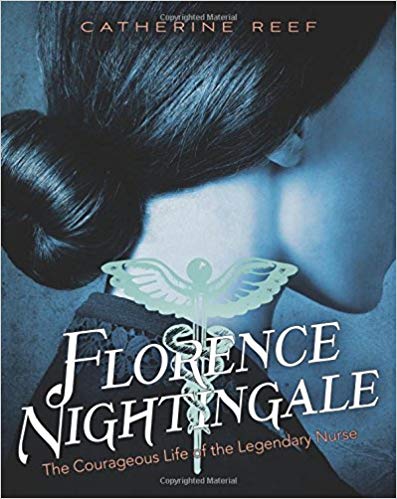
Florence Nightingale: The Courageous Life of the Legendary Nurse
By Catherine Reef
Florence Nightingale is best known as a nurse and social reformer. But in her efforts to improve the survival rates of hospital patients, she also became a pioneering statistician, inventing an early version of the “pie chart” graph.
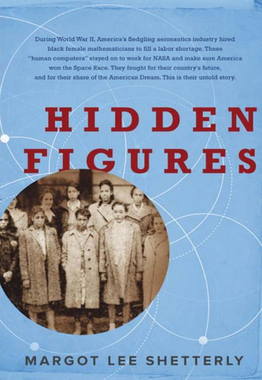
Hidden Figures
By Margot Lee Shetterly
This book shares the true story of the African-American female mathematicians at NASA (Katherine Johnson, Dorothy Vaughn, and Mary Jackson) whose calculations helped fuel some of America’s greatest achievements in space.
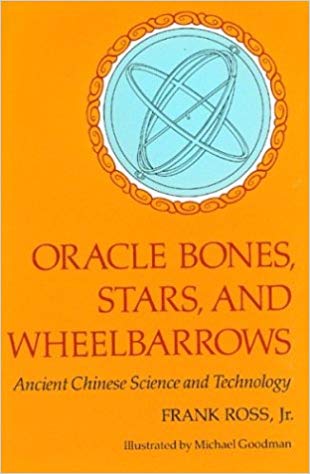
Oracle Bones, Stars, and Wheelbarrows: Ancient Chinese Science and Technology
By Frank Ross, Jr.
This book highlights the achievements of ancient Chinese scholars in astronomy, medicine, science, and engineering, as well as such influential Chinese inventions as paper, printing, gunpowder, and the compass.
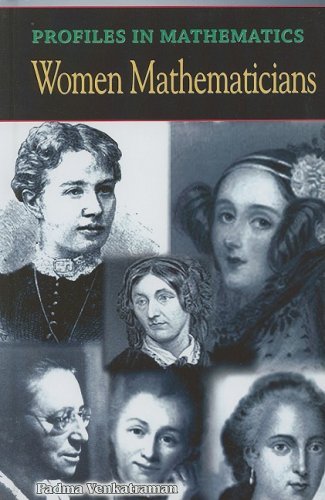
Profiles in Mathematics: Women Mathematicians
By Padma Venkatraman
This collective biography profiles six female mathematicians (Emilie de Breteuil, Maria Gaetana Agnesi, Mary Somerville, Ada Byron Lovelace, Sonya Kovalevsky, and Emmy Noether) who overcame unique challenges in their lives to make significant contributions to the study and understanding of math.
How to find additional books on diverse mathematicians
Accelerated Reader BookFinder™ is a free online resource for teachers, librarians, parents, and students.
You can easily search in English or Spanish to find books by topic, title, author, fiction/nonfiction, subject, award-winners, and librarians’ picks. You can even choose from state book lists or special collections, and refine your picks by interest level and reading level.
Every book listed has a corresponding Accelerated Reader quiz, and you can also see which books are available in the myON® Reader digital library.
More tips on building math engagement
Introducing students to inspiring role models is just one way to build greater engagement and motivation in mathematics. For more tips, watch our on-demand webinar on helping students achieve math milestones.
To access this free webinar, click the banner below:

